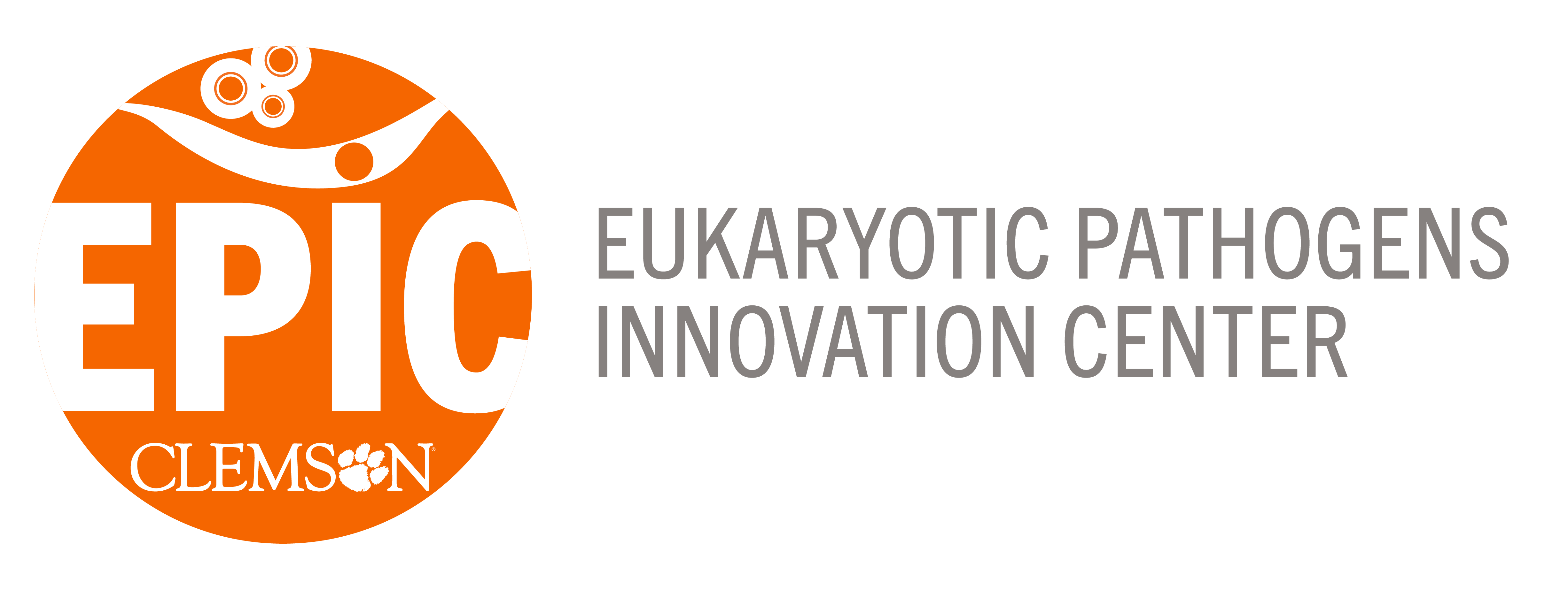
Name: Jessica Larsen
Title: Carol and John ’63 Cromer Family Endowed Associate Professor
Department: Chemical and Biomolecular Engineering
Email: larsenj@clemson.edu
LinkedIn: https://www.linkedin.com/in/jessicamarielarsen/
Lab website: www.thelarsenlab.com
Biosketch:
Professor Jessica Larsen has a BS in Chemical Engineering (2012) from the University of Virginia and a PhD in Chemical Engineering (2017) from Auburn University. She has received the Phil and Mary Bradley Award for Mentoring in Creative Inquiry. She was also selected as the 2021 Outstanding Faculty Woman at Clemson University. She received the NSF CAREER Award in the Spring of 2021. She was selected by the South Carolina Governor to be the 2022 recipient of the Governor’s Young Scientist Award for Excellence in Scientific Research.
Research Summary:
According to the World Health Organization, neurologic disorders account for the largest global burden through both early mortality and loss of independent life due to disability. Although there is a clear need for treatments that can enter the brain, there are a very limited number of medications available on the market. A major contributor to this fact is the presence of the blood-brain barrier (BBB), which prevents passage of more than 98% of small molecule therapeutics from the blood into the brain tissue. The Larsen Lab works on polymeric biomaterials-based approaches to bypass and transport payloads through the BBB. By understanding the pathophysiology of each disease, polymeric nanoparticles can be created to respond specifically to disease-based stimuli and promote natural healing processes in the brain.
Selected Publications:
Bagwell, E.^; Shin, M.*; Henkel, N.*; Migliaccio, D*. Peng, C.; Larsen, J. 1-methyl-4-phenyl-1,2,3,6-tetrahydropyridine (MPTP)-Treated Adult Zebrafish as a Model for Parkinson’s Disease. Neuroscience Letters, 137991 (2024). DOI: 10.1016/j.neulet.2024.137991
Foster, D.; Cakley, A.; Larsen, J. Optimizing enzyme-responsive polymersomes for protein-based therapies. Nanomedicine. (2024). DOI: 10.2217/nnm-2023-0300
Paruchuri, B.; Smith, S.; Larsen, J. Enzyme-responsive polymersomes ameliorate autophagic failure in a cellular model of GM1 Gangliosidosis. Frontiers in Chemical Engineering. Oct 2022. DOI: 10.3389/fceng.2022.997607
L’Amoreaux, N., Ali, A., Iqbal, S., Larsen, J. Persistent Prolate Polymersomes for Enhanced Co-Delivery of Hydrophilic and Hydrophobic Drugs. Nanotechnology. Accepted Manuscript online 15 January 2020. PMCID: 31940601 doi: https://doi.org/10.1088/1361-6528/ab6bf1
